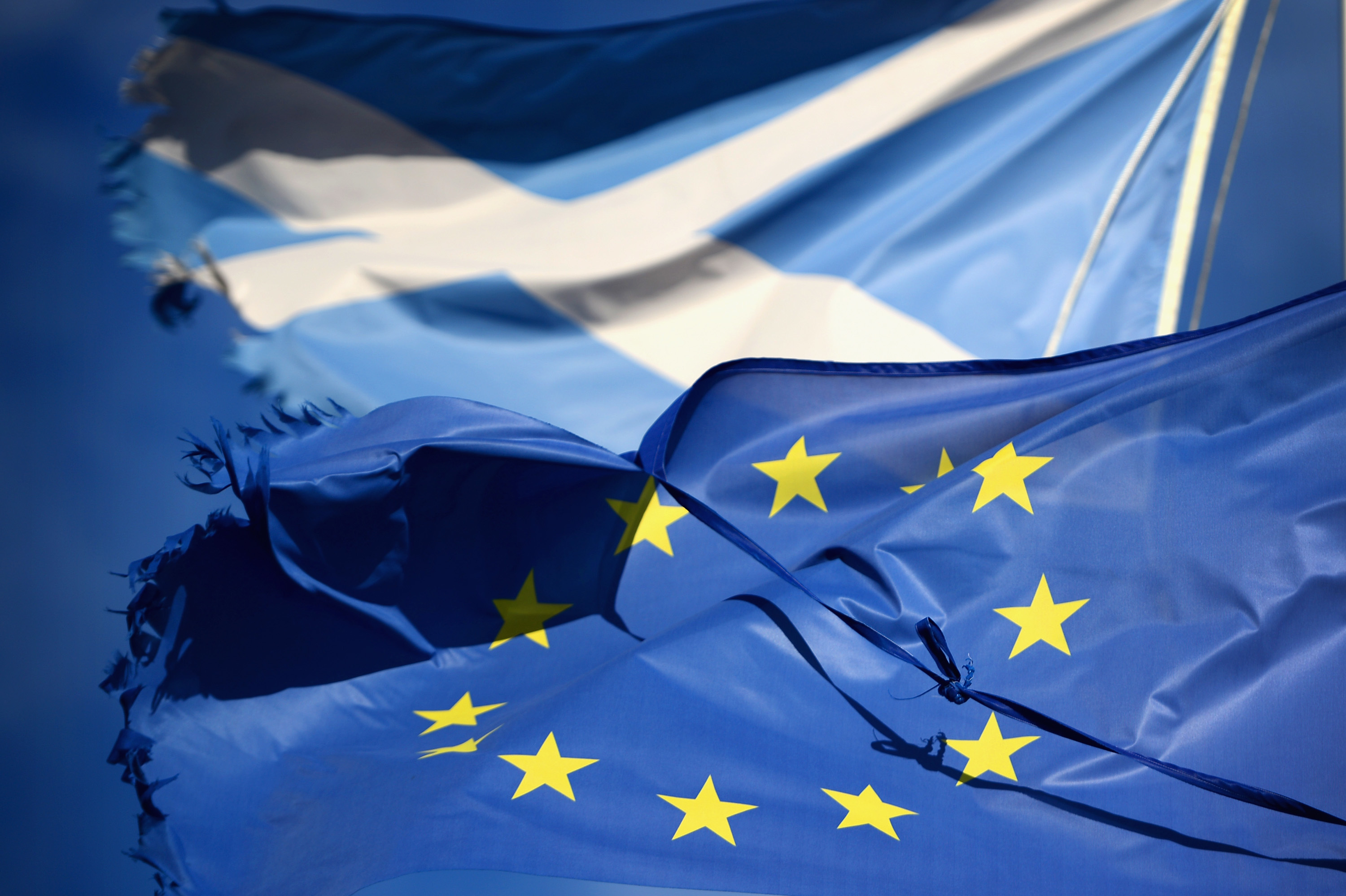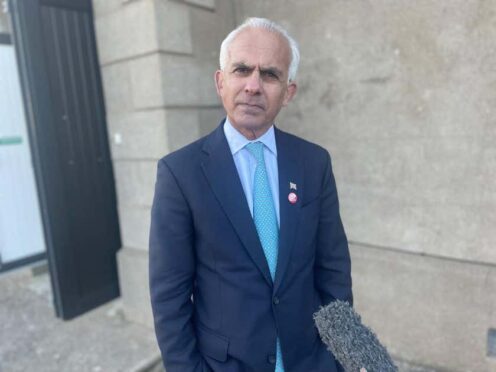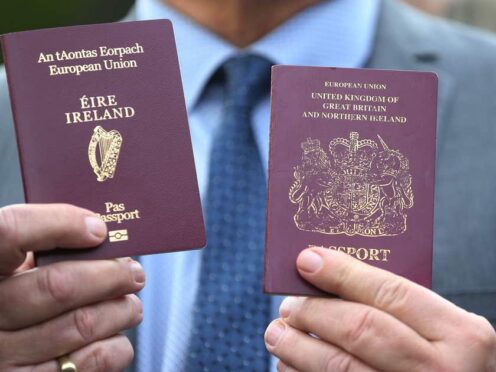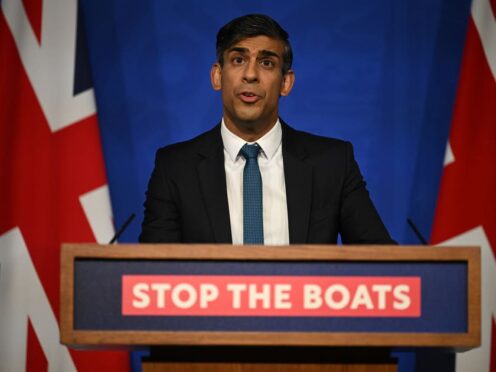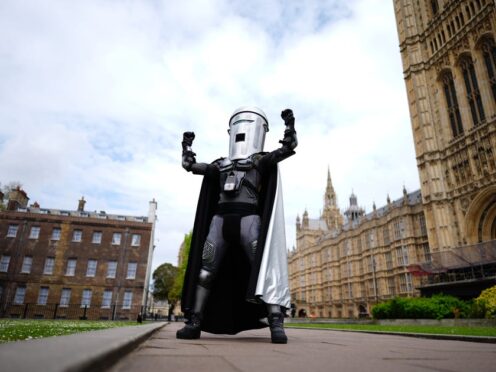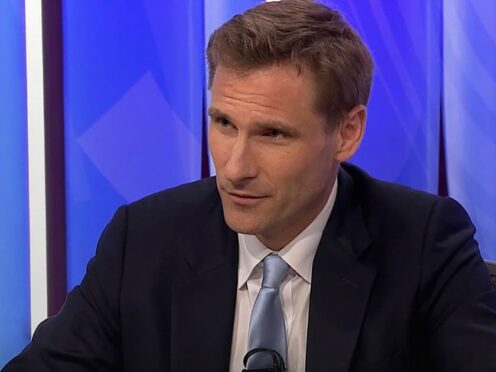Scots would face deteriorating working conditions at home and rising health and phone bills abroad if the UK leaves the European Union (EU), a think-tank has warned.
Rights for agency, part-time and fixed-term workers would all be under threat in the event of Brexit, the Scotland Institute said.
The institute also claimed provisions for annual leave, collective redundancy, paternity, maternity and parental leave, protection of employment upon the transfer of a business and anti-discrimination legislation could be affected.
Sick or injured Scots abroad “would probably lose out” on the health insurance card which entitles them to the same care as local citizens, potentially leading to higher travel insurance premiums and excess charges.
Scots would also lose the freedom to travel, reside and receive benefits in the EU, the institute said.
EU intervention has usually “worked in the favour of UK consumers” such as cutting international phone charges and “there is no guarantee” Scots would continue to receive cut-price European calls or benefit from any future EU protections, it said.
The EU working time directive, which introduced a maximum 48-hour week for EU residents, “reduced the number of people working excessive hours in the UK” despite the UK policy which allowed workers to opt-out.
The institute said: “There are now 700,000 fewer employees working more than 48 hours a week compared to 1998.”
The directive also gave UK workers a right to paid annual leave, handing six million UK workers improved entitlements, including two million with no previous entitlement to paid leave who were largely part-time female workers.
EU laws “have also forced the UK Government to improve the statutory rights when an employer is considering redundancies”, the institute said.
The acquired rights directive and the collective redundancies directive required consultation to avoids disputes and minimise damage to local and regional economies.
The TUC said this contributed to the relatively low unemployment rate in the 2008/9 recession as private firms “worked with unions to find ways of avoiding mass redundancies”.
EU-sanctioned employment contracts “limit the scope of bad employers to create abusive, possibly, illegal working conditions”, the institute said.
EU legislation has also been cited as the root of the UK transfer of undertakings protection of employment (TUPE) rights, which protect terms and conditions and pension rights of employees during takeovers and mergers.
The institute said: “Withdrawal from the EU would allow for change to the following areas of employment law, which stem largely from Europe: annual leave, agency-worker rights, part-time worker rights, fixed-term worker rights, collective redundancy, paternity, maternity and parental leave, protection of employment upon the transfer of a business and anti-discrimination legislation.
“There is no reason at all to believe that the current UK Government would seek to make changes that improved workplace rights in any of these areas.
“All the evidence suggests that those proposing the UK leaves the EU intend to weaken all the gains that have come from over 40 years of EU membership.”
Dr Azeem Ibrahim, executive chairman of the Scotland Institute, said: “The motivations of those leading the charge to the exit door tells me that these hard-won rights would very likely be lost if the UK votes to leave.”
